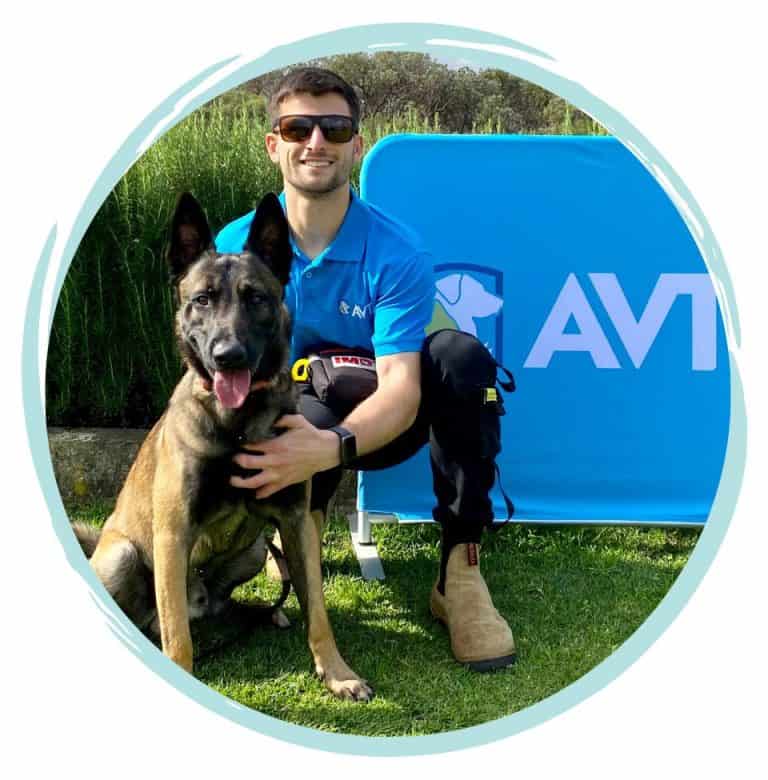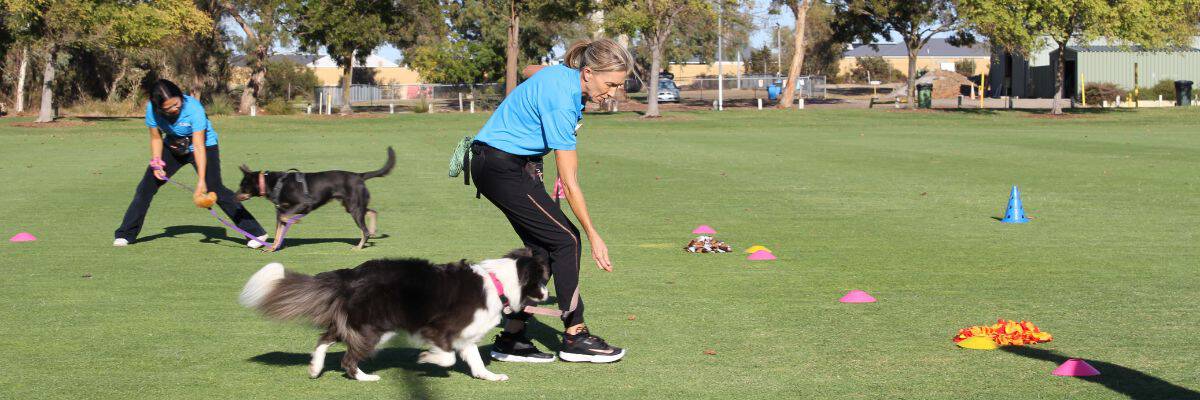
Celebrating the Veterinary Nursing Graduates of 2025
In our annual ceremony, we proudly celebrated the achievements of our AVT Veterinary Nursing graduates of 2025. This special and emotional occasion recognised the dedication and hard work of our students as they were surrounded by trainers, family and friends.






